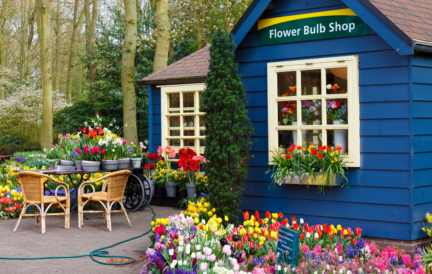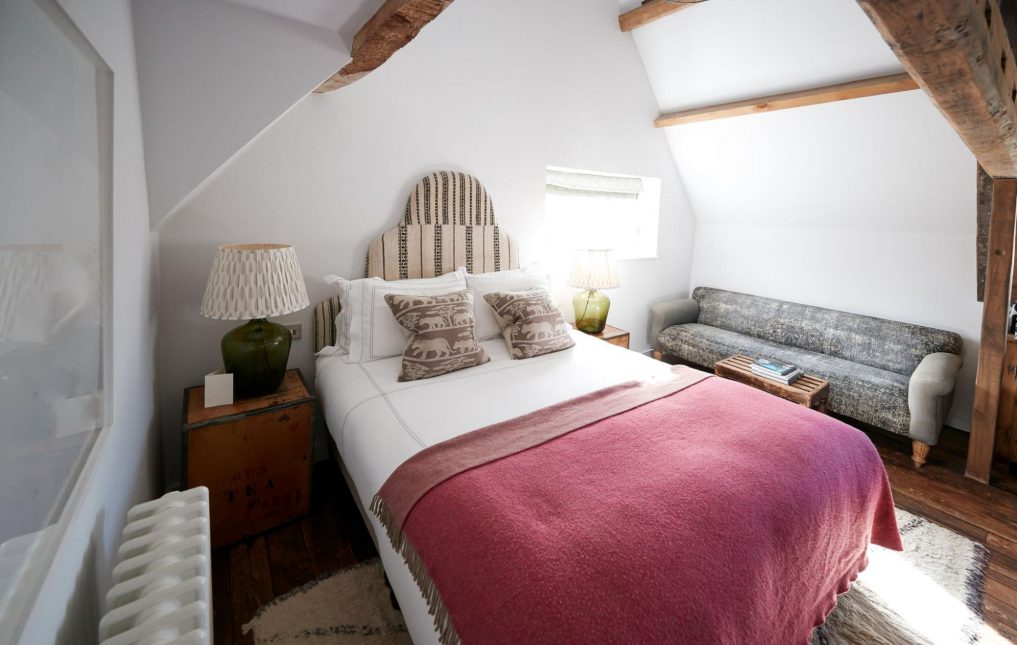Rentals can be a fantastic way to diversify your income. So many of our clients are interested in using real estate as a way to gain a little extra income each month. But the stress of finding the right tenant, navigating landlord-tenant laws, and added home maintenance isn’t worth it to a lot of people. But the flexibility of the Air BnB platform makes it so easy to find a rental style that matches your lifestyle. You can go all-in and buy a house just to list on Air Bnb. But you can also rent a room in your own house on an as-needed basis. Or fund your vacations by renting your homes when you’re away (heck yes, splurge for that 5-star hotel!). Or you could only rent your space during a surge-price time (hello, UW Homecoming weekend!). The options are limitless. But there are a few regulations that are important to be aware of before you begin. Here’s everything you need to know:
1. Permits
In Madison, there are three different permits you’ll need to acquire to get your BnB up and running.
Zoning Permit
In Madison, Air BnBs are considered tourist rooming houses. They’re defined as a partial or full home rental, for less than 30 days. And you’ll need to get a Zoning Tourist Rooming House Permit (ZTRHP). This is a relatively new requirement. The law passed in Spring 2020, as a way to increase public health and safety. You’ll need to complete a ZTRHP application packet. The packet is a bit involved. You’ll have to submit a floorplan of any spaces available for the renter to use. You’ll need to submit a list of any of the places you plan to advertise your Air BnB (Air BnB website, Instagram, a website, etc.). There’s also a non-refundable $100 application fee. After the City Building Inspection team reviews your application, you may need to schedule a home visit. Not every application will require a home visit. But if the Building Inspectors have any questions or concerns, they may request this service. After the home visit, another $100 will need to be paid to the city treasurer. After that… your zoning permit will be good to go! This is the first permit you’ll need to acquire. You’ll need to have your zoning settled before moving on to the next steps.
Department of Revenue Permit
By starting an Airbnb, you’re starting a business. So you’ll first need to register the business.
Next, you’ll need to fill out a form S-231. That’s tax-office speak for making your lodging available to the marketplace. We talk more about taxes below.
Public Health Department Permit
This shouldn’t come as a surprise, but this permit will require another application and fee. The health department fee is a bit heftier than the rest. During your application, you’ll have to put down $535. Then, it’s an annual fee of $160 to keep your permit in good standing. Then you’ll need to schedule an inspection. Unlike the zoning permit, this one is absolutely required. It’s the same crew that inspects your local restaurants and hotels. It may seem like a hassle, but ultimately this is a good thing. High standards are what keeps AirBnB’s reputation golden. A good score from the Health Department is an excellent way to know that you’re serving your guests well. And they won’t just drop in on you. You can schedule the inspection and make sure your rental is spic-n-span before they show up.
Schedule an inspection here:
Important:
Before you schedule your health department inspection, you need to have all your other permits. The inspection is the last step before you can go live with your rental.
2. More about taxes for your Madison Air BnB
Here’s something you’ll be excited to learn. After you register with the local Department of Revenue, that’s it! Air BnB collects and pays taxes to the city of Madison on behalf of its users. Hallelujah! One less thing to worry about. That’s a major benefit of starting a business through an app like Air BnB. It’s a lot simpler than creating a self-promoted BnB.
3. Check neighborhood regulations.
You don’t want to be “that guy” in a condo with Air BnB guests throwing a giant party at 2 am on a Tuesday night. But even more so, many HOAs or condominiums have their own rules about Air BnBs in their community. It may be a good idea to check this first before paying all the permit fees. You don’t want to go through the whole process and realize that your HOA has banned short-term rentals. If your neighborhood has community amenities like parks, ponds, pools, or gate codes, double-check that it’s ok to give access to these amenities to your guests.
4. Decide your house rules.
Will you allow small parties? Pets? Overnight guests? When are quiet hours? Define your comfort zone in the “house rules” section of your listing. Be uncompromising with your comfort zone. It’s your home, after all, and you’re opening it up to strangers. If you’re not cool with guests firing up your grill, that’s ok! Just make sure they know that ahead of time.
5. Create a recommended guide.
You can guarantee that your guests will be asking your opinion about the best places to dine and drink. They’ll want local insight on all the best sights. It’ll be helpful to have a list ready to go when they ask.
6. Make it cute!
Ok, this is the fun part! How will you decorate the rental space? Light and airy? Dramatic and moody? Farmhouse-chic? Modern? Revel in the details. Things like pillow mints and aromatherapy soaps will snag you 5-star reviews. As real estate professionals, we always recommend splurging on a real estate photographer for your listing. Phone photos are ok. But high-resolution, wide-angle lenses really make your space stand out.
Are you interested in seeing some investment properties?
We’d love to show you around! Get in touch to schedule some tours.
Categories
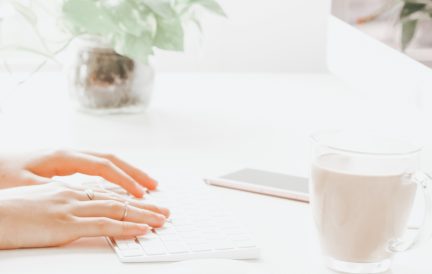
Real Estate Insights
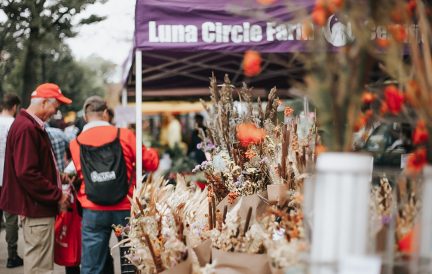
Around Town
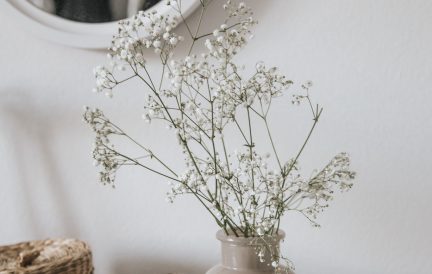
Home Design
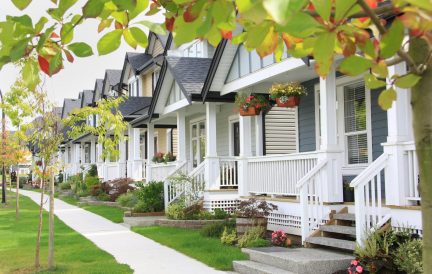
Neighborhood Spotlights
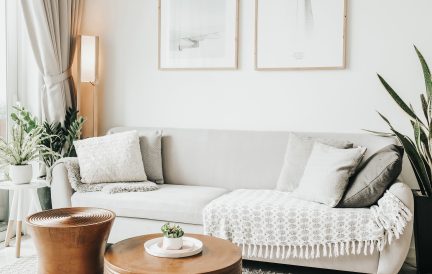
Buying & Selling Tips
Uncategorized
Recent Posts

Embrace the Buzz-Free Zone: Plants that Naturally Keep Bugs Away Outdoors!
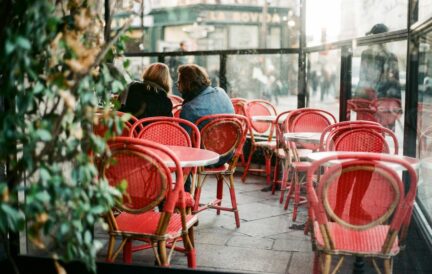
7 Outdoor Patio Dining Gems in Madison You Must Experience
